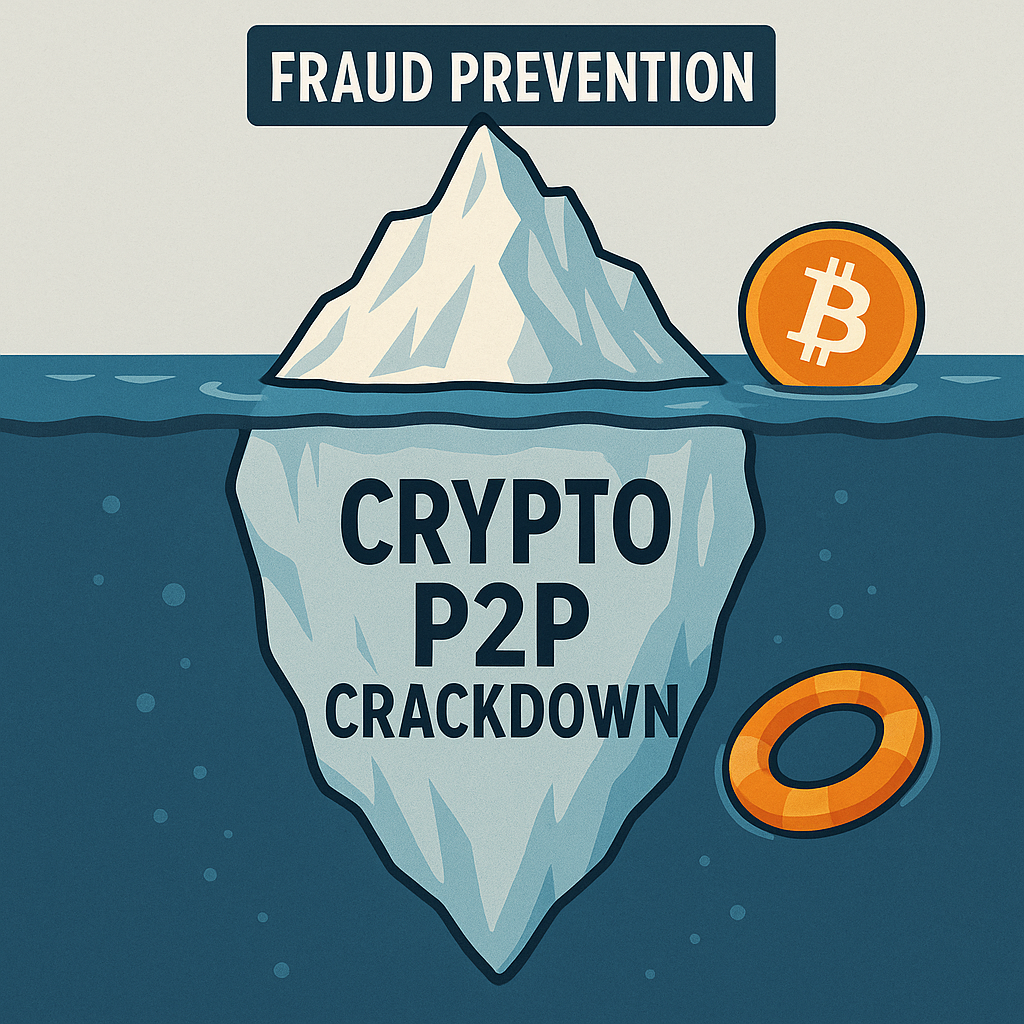
Crypto P2P Crackdown in Thailand
Thai banks have frozen over 3 million accounts at the request of the Cyber Crime Investigation Bureau, and the central bank has warned that the number could climb even higher. On top of that, new limits on transfers have been introduced.
Bitcoin enthusiasts were quick to comment that this move is basically free advertising for Bitcoin.
At first glance, it might seem that no matter how much harder things get for crypto users, it’s still worse for fiat users. But it’s not that simple.
Remember when I told you how Bitcoin payments worked in Thailand? Anyone could scan a QR code at a store checkout, and someone with a local bank account - looking to make a small profit - would cover the payment in fiat and get rewarded in Bitcoin.
On top of that, P2P crypto-to-fiat exchanges were huge in Thailand. So widespread, in fact, that many foreigners opened Thai bank accounts just for this purpose. Those accounts could easily receive transfers both domestically and from abroad. In short, Thai banks became a popular crypto-to-fiat gateway.
Then came government licensing rules for crypto-to-fiat exchanges, and the massive P2P industry suddenly became a thorn in the side of licensed companies.
Now, the freeze of 3 million accounts is officially presented as an anti-fraud measure. But can you really believe the police uncovered such a massive fraud network overnight? Of course not - it’s a strike against people running crypto exchanges.
So the ones really hurt here aren’t fiat users, but crypto users. They’ve lost one of the most convenient on-ramps to fiat.
The good news: more and more merchants worldwide are accepting crypto directly - some take Bitcoin, some stablecoins, some even more exotic tokens. And if you need to swap your coins into whatever the seller accepts, you can always use rabbit.io.













